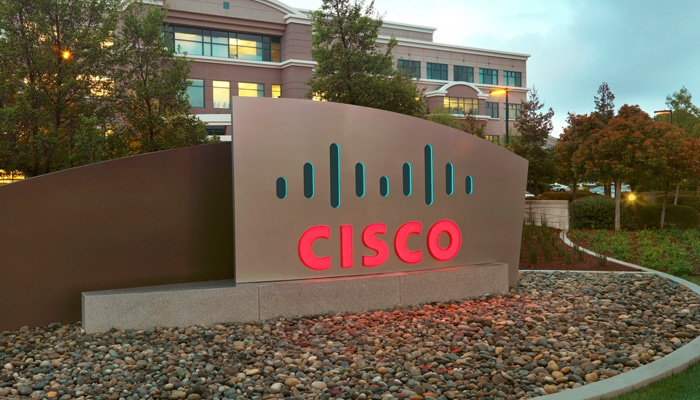In a move which might make the networking giant quite unpopular on the US side of the pond, Cisco’s Chief Legal and Compliance Officer Mark Chandler has called for a US version of GDPR.
February 4, 2019

In a move which might make the networking giant quite unpopular on the US side of the pond, Cisco’s Chief Legal and Compliance Officer Mark Chandler has called for a US version of GDPR.
Having been implemented during May 2018, Europe’s General Data Protection Regulation (GDPR) is starting to make waves in the technology world. The first complaints were filed as the ink was drying on May 25, though with the first rulings started to be announced eight months later, the implications and dangers are starting to become clear. Unless Silicon Valley wins the opening legal skirmishes, precedent will be set and disruption to the data sharing economy will be very apparent.
Considering the massive potential for disruption in the digital ecosystem, Chandler will not be making any friends in Silicon Valley by pushing the case for more focused protections on data protection and privacy. Commenting to the Financial Times, Chandler stated he believes the new regulations have worked out well and after some tweaking, the same rules should be applied in the US as well.
Of course, a legal executive from a networking company stirring the pot is unlikely to turn heads right now, the rules would not necessarily have any monumental impact on the networking infrastructure giant, but there might be a few upset individuals in Silicon Valley. For years, the internet players have effectively been able to do what they want, but GDPR sought to end this reign of freedom.
Although GDPR is an incredibly complex set of rules with more nuances than a teenage philosophers diary, the overall aim is pretty simple. Firstly, the user has more control over his/her personal data, and secondly, internet companies have to demonstrate a need to collect and process data, while also improving securities around these processes. And of course, there are the fines as well.
This is perhaps one of the biggest concerns of the internet giants as they can now be held accountable. Prior to GDPR, fines were feeble. For any normal company, they would be horrid, but considering the size and profitability of the likes of Facebook, Google, Amazon and Apple, any punishments dished out would take a matter of minutes or hours to pay off. GDPR allows regulators to assign fines which are relative to the size of the organization, therefore companies can now be held accountable.
While GDPR does seem to be forcing many companies to act more responsibly, the saving grace for Silicon Valley is that it is limited to Europe. The lobbyists will be fighting hard to make sure such rules do not find sympathetic ears in Washington DC, though governments do seem to be welcoming.
In India, the government is considering new rules which would tighten up protections around personal information, while the Japanese government has signed a new treaty with the European Union which extends GDPR protections of European citizens to Japan. These are two examples, though as more complaints are filed and more Judge’s opinions released to the public, interest in these rules will almost certainly increase.
What you always have to consider when you read such comments is that Cisco is a B2B firm. The privacy rules are geared towards empowering the consumer and therefore would have minimal impact here. In public, many of the internet giants are calling for a revamp of privacy rules, its just good PR form, but they will be privately terrified of a GDPR replicant.
What is also worth bearing in mind is that the US is not as sensitive to privacy issues as Europeans are. Of course, legislators will have an eye on privacy and it will be a worry, but Europe is much more aware and condemning of the slippery practises of Silicon Valley. For years, the Californian lawyers have revelled in technology outpacing regulation, identifying grey areas and loop holes galore. However, the European regulators are attempting to make life difficult.
About the Author(s)
You May Also Like








.png?width=300&auto=webp&quality=80&disable=upscale)


_1.jpg?width=300&auto=webp&quality=80&disable=upscale)


.png?width=800&auto=webp&quality=80&disable=upscale)